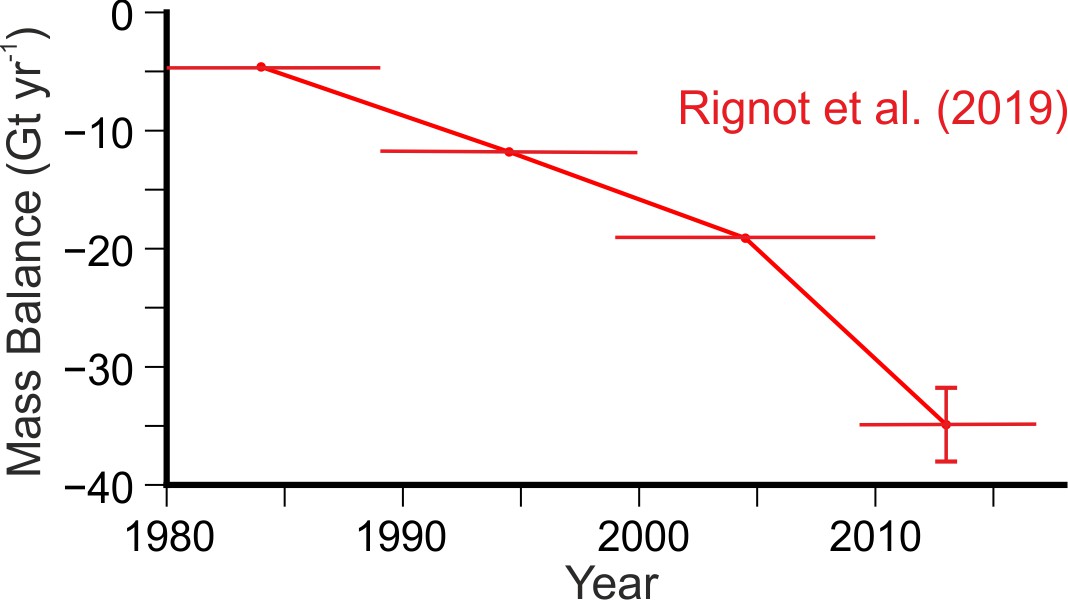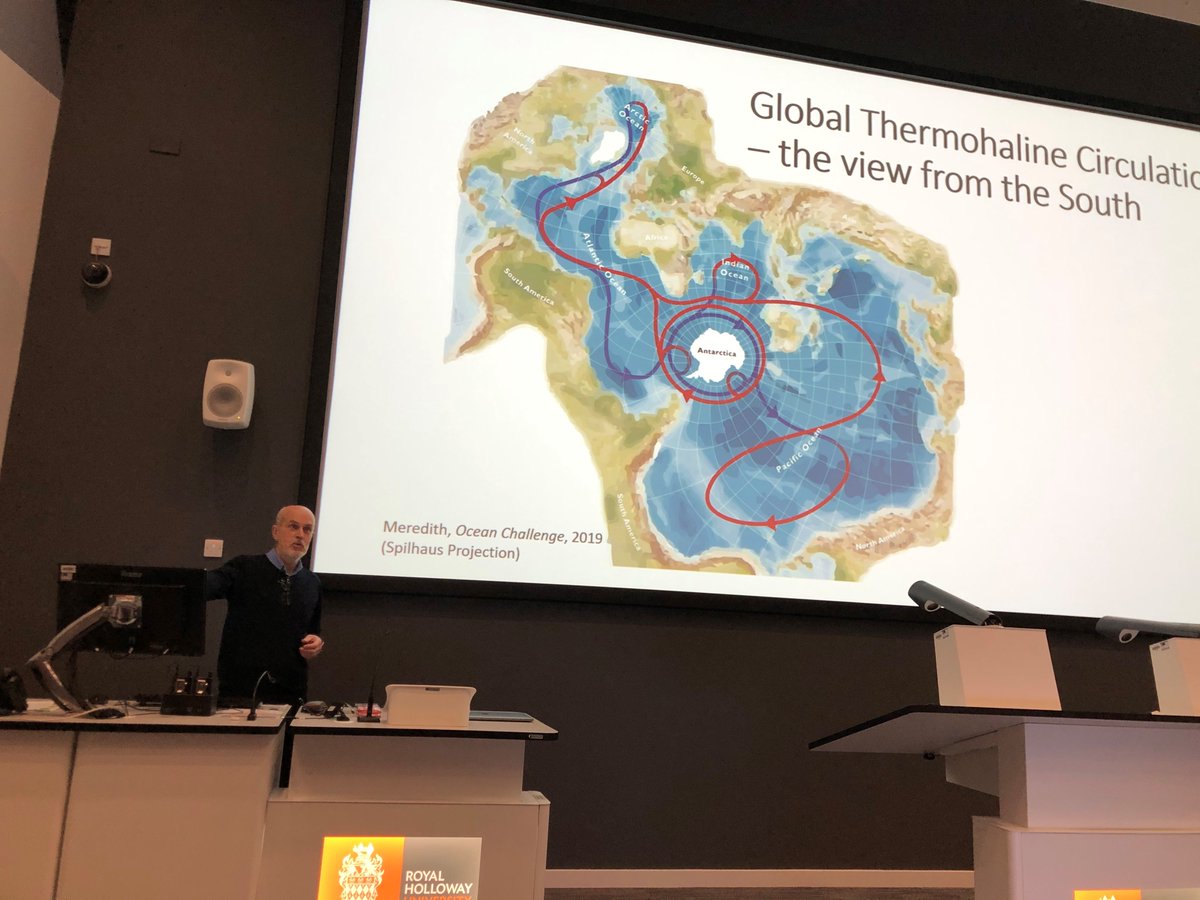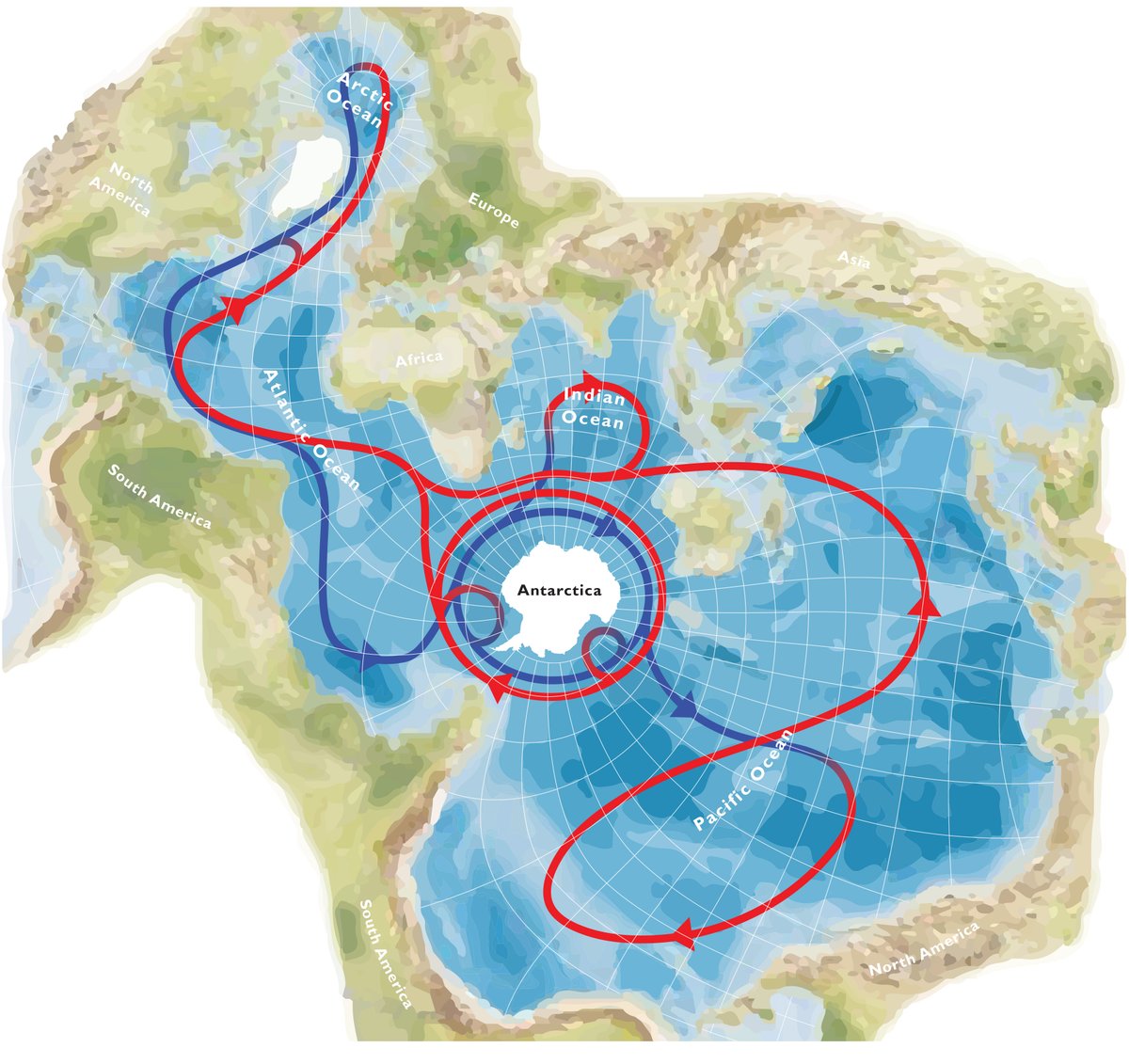
Polar marine scientist. UK Science Lead in @GlacierThwaites Science Coordination Office. On Mastodon @PoLaRobs@fediscience.org & Bluesky @polarrobs.bsky.social
How to get URL link on X (Twitter) App


 Put simply, the outlook is grim. It is highly likely that Thwaites Glacier will eventually be lost, which will destabilise adjoining parts of the West Antarctic Ice Sheet, increasing the committed long-term rise in global mean sea level by more than 3 m.
Put simply, the outlook is grim. It is highly likely that Thwaites Glacier will eventually be lost, which will destabilise adjoining parts of the West Antarctic Ice Sheet, increasing the committed long-term rise in global mean sea level by more than 3 m. 

 This is the view of the property from the nearby clifftop, which has been retreating at an average rate of 2 to 3 m/yr over the past 30 years, according to a long-term @EnvAgency study.
This is the view of the property from the nearby clifftop, which has been retreating at an average rate of 2 to 3 m/yr over the past 30 years, according to a long-term @EnvAgency study.

https://twitter.com/EliotJacobson/status/1674736887322533888This may seem like a strange thing to focus on since so few people are directly affected by it. Let me explain.

https://twitter.com/rdlarter/status/1627398886686875649Firstly there is the high “albedo” of the ice. It reflects a lot of incoming solar radiation. Reduced summer sea-ice extent exposes more of the ocean surface, which is darker (lower albedo) and thus absorbs more radiant energy, warming the water. 2/11


 The paper that was the subject of the commentary is available here -
The paper that was the subject of the commentary is available here - 
https://twitter.com/GlacierThwaites/status/12713561719166320643 separate recent studies provide measurements for individual glaciers or drainage basins based on satellite remote sensing observations:

 This figure, as seen in the previous tweet, shows an Antarctic-centred view of the global thermohaline circulation system from a recent article by @meredith_mmm challenger-society.org.uk/oceanchallenge…. It highlights how the Southern Ocean connects the other major oceans. 2/n
This figure, as seen in the previous tweet, shows an Antarctic-centred view of the global thermohaline circulation system from a recent article by @meredith_mmm challenger-society.org.uk/oceanchallenge…. It highlights how the Southern Ocean connects the other major oceans. 2/n 